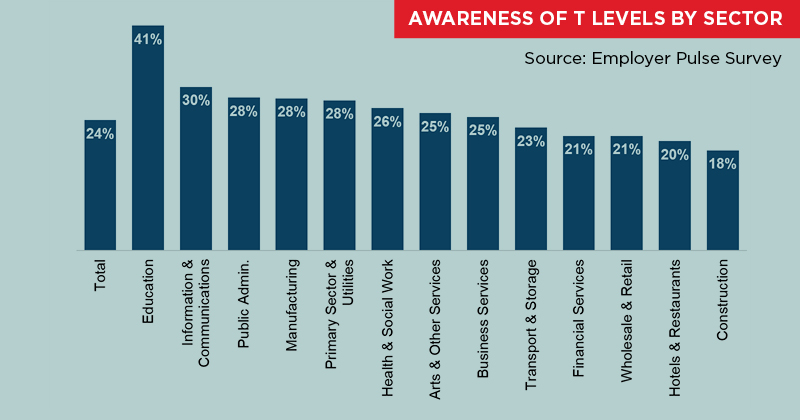Employers keeping score stops lesson observations from being a real development opportunity, writes Neil Jones
Lesson observation at our college used to be regarded as an annual hurdle to jump. For less confident teachers (and I mean confidence here in the context of doing their job whilst having someone observing and judging their work) it could be a source of great anxiety.
Every department had a week when the observation team would observe one lesson for each teacher and everyone knew that these observations would be graded: from the hallowed and rarely achieved grade 1, to the dreaded and rarely awarded grade 4.
Most people would acquire a grade 2 if the lesson had generally gone well, or a grade 3 if it hadn’t gone quite so well. Not much was learnt about teaching in the process.
With the arrival of a new senior management team from 2015, we reviewed this process and changed it to something more developmentally focused. We knew people’s attitudes wouldn’t change instantly; it would be a gradual change of culture over two or three years.
We stopped grading any observations and announced that the process was to be entirely focused on a developmental conversation about the complex craft of teaching. We wanted to break down the psychological barriers that prevented teachers from seeing lesson observation as a positive opportunity.
I don’t mean to make light of these barriers. If you know that your employer keeps a list of your scores each year in an annual one-off test of your abilities, it’s no surprise that you would see this as a threat rather than an opportunity.
After three years, we could see that things had definitely opened up. We had also invested in some self-observation equipment and a few course teams were now embracing the opportunity to record themselves and share clips with each other on a chosen aspect of pedagogy for their subject.
After three years, we could see things had opened up
I attended a chemistry staff team meeting where they discussed their observations about how team members were teaching practical experiments. The room was abuzz with positive thinking: the developmental ethos was thriving.
Then came Covid and the lockdowns. In the space of a few weeks, we moved to a new version of teaching and learning delivered remotely via Microsoft Teams. The technology seemed so ready for the needs of the situation ̶ we just needed to be ready to use that technology!
As everyone embarked upon a crash course in digital teaching and learning, performed live to their students’ screens, we quickly realised that people were evaluating, sharing and developing their craft on an almost daily basis.
Lesson observation week was one thing we therefore removed from the annual calendar to lessen the list of tasks for teachers and heads of department.
Now that we are tentatively breathing post-lockdown air, and everyone is getting back to working ‘normally’, we have reinstated lesson observation. We have returned to the menu of choices for departments: self-observations using Teams, paired observations in courses, across courses in departments, or across different departments.
It’s a mark of how much people now view lesson observation as a positive opportunity to develop our craft that four different departments have gone straight to observing in completely different subject areas.
As people are freed up from concerns with subject specific knowledge, they find they can concentrate on all the minute moments of finely crafted communication that construct an exciting and challenging learning experience for 22 diverse students.
Our answer is that we achieve that assurance through the processes that record our developmental culture.
We know that our colleagues want to develop themselves as teachers. We expect that they record any ideas they have had from observing or being observed in their end-of-year review with their line-manager. These in turn will be gathered together into their department’s action plan for the following year.
So the process is indeed tracked from a management perspective.
But its foundation stone is the understanding that hard-working colleagues want to develop themselves and their craft in one of the most difficult and rewarding jobs in the world.

